STAGES OF CRIMINAL TRIAL

- Registration of FIR
- Commencement of investigation and collection of evidence by investigating
During this time, at any stage decided by investigating agency, accused
persons can be arrested - Production of accused before Magistrate (within 24 hours) Remanded to police custody for further investigation; or Remanded to judicial custody.
Note:- Remand does not mean that the police can misbehave or beat the
Remand means interrogation by the police. - Bail hearing before appropriate court – Arguments of the defence is denied by the
public prosecutor. - After investigation is completed: If investigating agency feels a prima facie case is made out, charge sheet is filed in Court through the public prosecutor. If police feels that no prima facie case is made out, a final report filed in Court.
- Decision is taken by the Court after hearing the public prosecutor and the counsel for defence:
On question of Chargesheet:-- Court can reject chargesheet, in which case the accused is discharged.
- Court can accept that a prima facie case is made out, frame the charges, and
post the case for trial. Case goes to next stage
- On Final Report
Court can accept the final report- case is closed and accused is discharged Court can reject the final report, and Direct the police to further investigate the case. Case goes back to Stage (2) Direct the case to be posted for trial. Case goes to next stage (7). - Framing of Charge by Court
Accused pleads guilty to the Charge. Depending on the seriousness of the crime,
the Court may either convict on the basis of plea or post the case for trial.
Accused pleads not guilty. Case is posted for trial. - Trial commences – examination of witnesses and other evidence
Examination of prosecution witnesses by public prosecutor, marking of exhibits,
and cross-examination by defence counsel. - Statement of Accused under section 313, CrPC.
- Defence Evidence: if defence wants to, it examines defence witnesses, who are
cross examined by the public prosecutor, and exhibits defence evidence. - Final Arguments – Public Prosecutor and the defence counsel present their
- Judgment and sentence by the Court: Acquittal of accused, or Conviction, in which case:
- Arguments of public prosecutor and defence counsel on sentence.
- Judgment of Court passing sentence.
- Appeal (within specified period of limitation) – Can be filed by party aggrieved by judgment on acquittal/ conviction/ reduction of sentence.
- On notice being issued to the opposite parties, arguments are placed before Appeal
court of defence counsel and the public prosecutor. - Judgment of Appeal Court.
